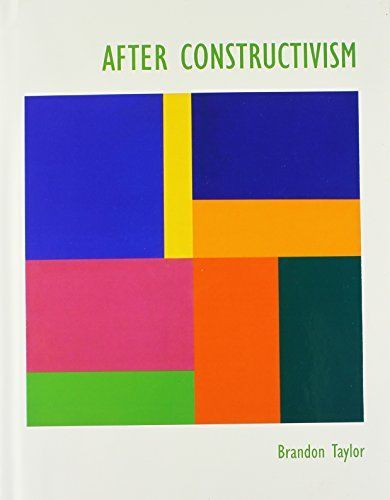
After Constructivism
When Constructivism emerged shortly after the Russian Revolution, its central principles concerned structure and efficiency in the work of art and the nature and properties of materials. In a series of eight essays, Brandon Taylor examines the origins of these principles and their extraordinary consequences for the rest of modern art. Even before Constructivism, structure was a vital ingredient in Cubist art. After it, ideas about faktura or the "madeness” of an art object--and about its rational organization--became stock-in-trade for De Stijl in Holland and Art Concret in France and bore decisively on other currents such as Surrealism and abstract art. After 1945, artistic movements including Systems, Kinetic and Minimal Art were all touched by the long reach of Constructivist ideals. Recent art has proved no exception. Taylor shows that casual attitudes to materials, even the collapse of Constructivist ideals, have helped form the artistic tenor of our times.